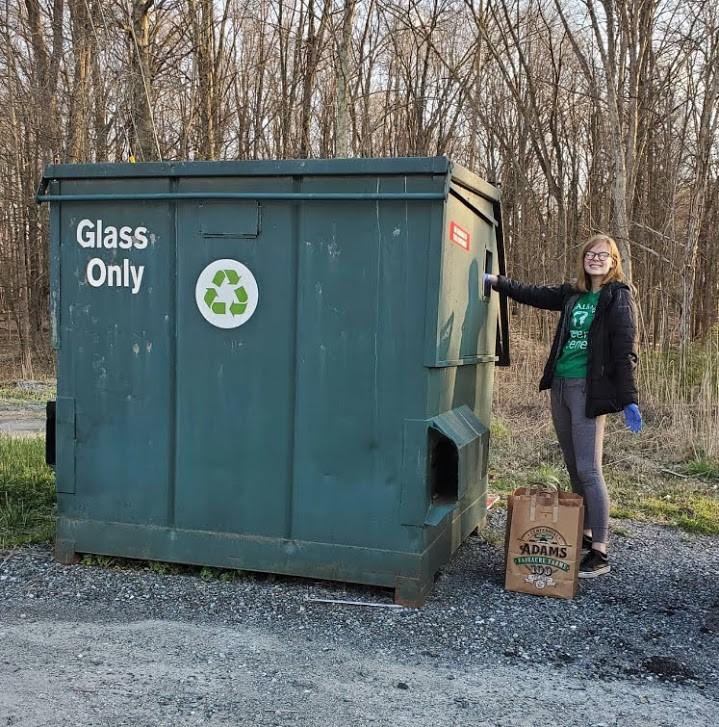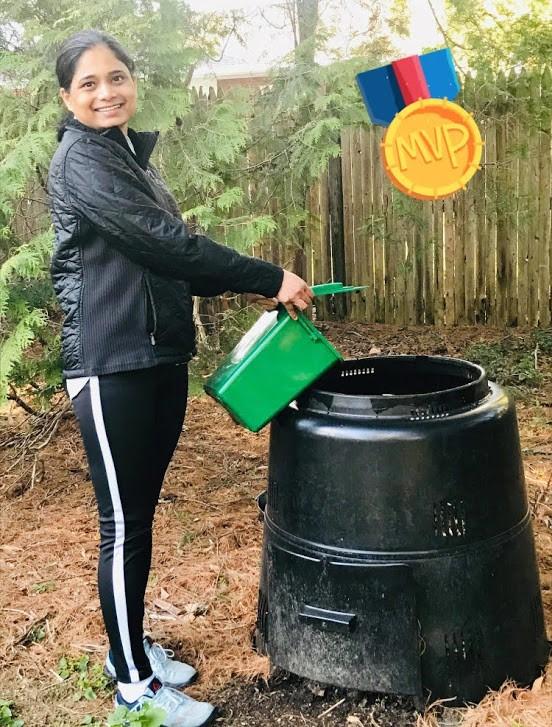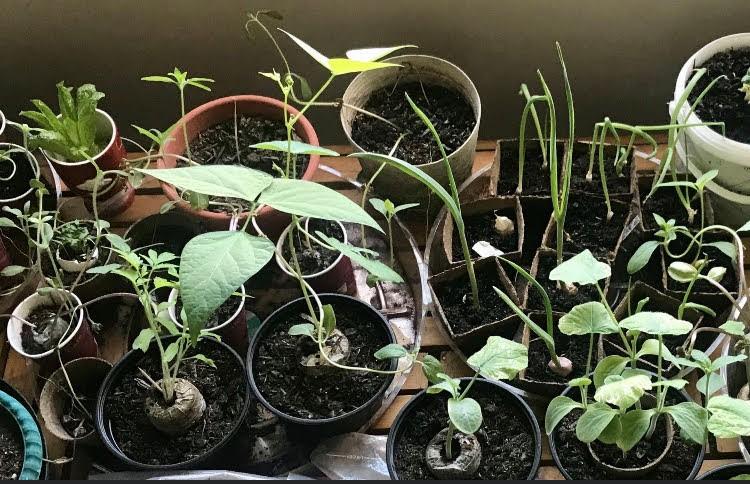
2 minute read
Research
Professor Liang, Chair of the Environmental and Sustainable Engineering Department, leads a team looking at organic waste.
Every year, millions of tons of sewage sludge and food waste are discarded in landfills where they cause serious environmental problems. Now, the University at Albany is leading a consortium to dramatically alter the way this waste is handled. The goal is to develop economically viable methods to convert wet organic waste into high value products. The consortium will be headed by Dr. Yanna Liang and includes the University of Michigan, Argonne National Laboratory and Princeton University. The Department of Energy has awarded the project $2.7 million and the research partners are adding $709,550 to bring the total budget to more than $3.4 million. According to the Environmental Protection Agency, Americans generate about 250 million tons of solid waste every year, of which about 15 percent is made up of food waste. These wastes can be anaerobically digested to produce biogas, but this conventional approach has many drawbacks. The bottlenecks can include low carbon conversion efficiency, inefficient product separation and CO2 emission. Dr. Liang states “to address bottlenecks encountered in the field of converting wet organic wastes to commodities, we aim to develop a holistic approach by considering all steps involved in the conversion process,” Specifically, the project will seek to identify the best pretreatment method, the optimal parameters for arrested methanogenesis, the optimal design of microbial electrosynthesis, and an innovative method for production extraction. The researchers will evaluate every process in terms of economic viability and environmental impact through techno-economic analysis (TEA) and life cycle analysis (LCA). The overall process will be tested at a 5-liter and a 50-liter scale. The project aims to develop a prototype where organic wastes can be pretreated efficiently, converted to target products with high rates in continuous operation, and where the desired compounds can be separated and recovered with high efficiency. Reducing food waste is a high impact technique for the mitigation of carbon emissions according to Project Drawdown. Being able to better address the effective diversion of food waste has many positive implications for addressing climate change.
Advertisement
The 50 for the Next 50 Campaign was initiated last April in honor of the 50th anniversary of Earth Day. This social media campaign aimed to show the UAlbany community’s support for the environment by having 50
environmentally friendly actions posted by 50 different
campus members.
We more than met that goal with 67 campus members and 9 offices posting 100 actions. The most posts related to waste reduction, followed by gardening and enjoying the outdoors.
One of the office interns, Joanna, show off her recycling skills
Some of the specific actions UAlbany community members took included: hiking, composting, using natural light, picking up trash, using cloth napkins, EV usage, nature walks and following plant based diets. Thank you to all who participated!


Christy Jerome from the Registrar's office awesome living room garden
Our Energy Officer Indu composting in her backyard
Sustainability Coordinator Darcie Abbatiello of the UAlbany Art Museum uses cloth sandwich bags


